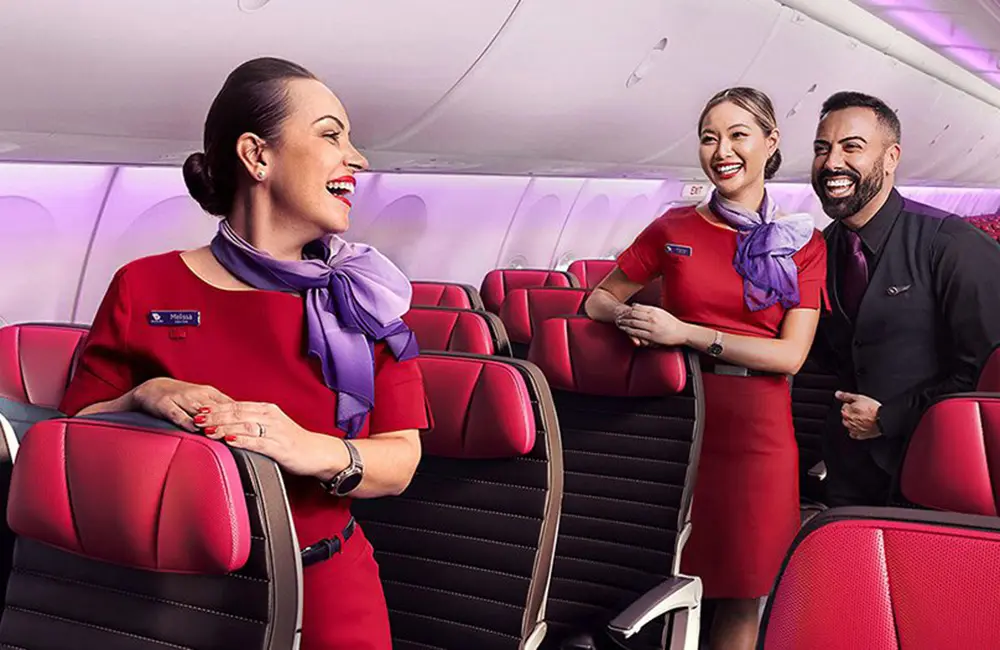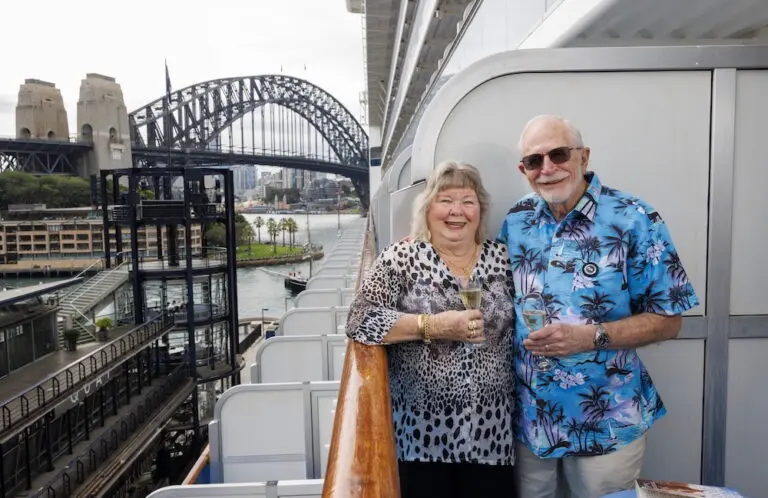Virgin Australia is preparing for a highly anticipated return to the Australian Securities Exchange (ASX) after more than four years, with a planned $685 million initial public offering (IPO).
The airline, owned by Bain Capital since 2020, will offer 236.2 million shares at $2.90 each, valuing the company at $2.32 billion. Taking into account its $1.31 billion net debt, Virgin’s enterprise value stands at $3.6 billion, Reuters reported.
With the move, Bain will reduce its stake in Virgin by some 30% from 70% to 39.4% post-IPO. Meanwhile, Qatar Airways will hold its existing 25% stake in Australia’s second-largest airline after Qantas. A trading date on the ASX is yet to be confirmed.
According to Fairfax Media, investor demand is reported to be strong, with joint lead managers confident in early interest from both domestic and global backers.
The IPO follows Virgin’s post-pandemic rebound, marked by record half-year earnings and a sharpened focus on profitability.

Meanwhile, the Transport Workers Union (TWU) has welcomed Virgin’s announcement to offer $3,000 in share rights to employees as part of its IPO, following calls for an employee share scheme.
However, it urges Virgin to honour commitments to consult workers on the IPO and the Qatar partnership. The union also continues to call for broader industry reform to boost aviation stability.
“Virgin’s public float is a huge opportunity to continue building a strong second airline in this country – but it must be followed up by commitments to workers,” TWU National Assistant Secretary Emily McMillan said.
“There are still question marks around this public float as well as Qatar’s stake in the airline, and what this means for workers. While an IPO has the potential to further grow the airline and increase opportunities for workers and the travelling public, we must see Virgin make clear that it will continue to consult closely with its workforce.”
Regional routes

In other news, Virgin Australia has announced that it will up its B737 deployment for two of its key regional hubs.
From late July, VA will use the two-cabin 737 on its Brisbane-Mt Isa route – upgauging from an Alliance Airlines’ Fokker 100 plane, while from November, it will add more than 6,000 monthly seats to its Brisbane-Townsville service, upping its current 737 commitment to the route.
“These routes are critical to regional Queenslanders who regularly commute for work, and as a business we see the value in the enhanced product offering the bigger aircraft provides our customers,” Virgin Australia Chief Strategy and Transformation Officer, Alistair Hartley said.
“As we modernise our fleet with more next-generation Boeing aircraft, we are able to refine our network schedule and increasingly deploy our larger B737s on regional routes that have traditionally been serviced through a partner agreement.

“By operating our Boeing 737 aircraft on more flights, we can offer increased value and choice to our customers, more seats, and greater connectivity to Mount Isa and Townsville, further aligning our flying to our pre-COVID levels for these key regional hubs.”
Virgin Australia achieved its best monthly domestic departure on-time arrivals and its best in two years with 84.4 per cent of flights arriving on time in April 2025. The carrier also achieved an almost 100 per cent (99.3%) flight completion rate in the same month.






